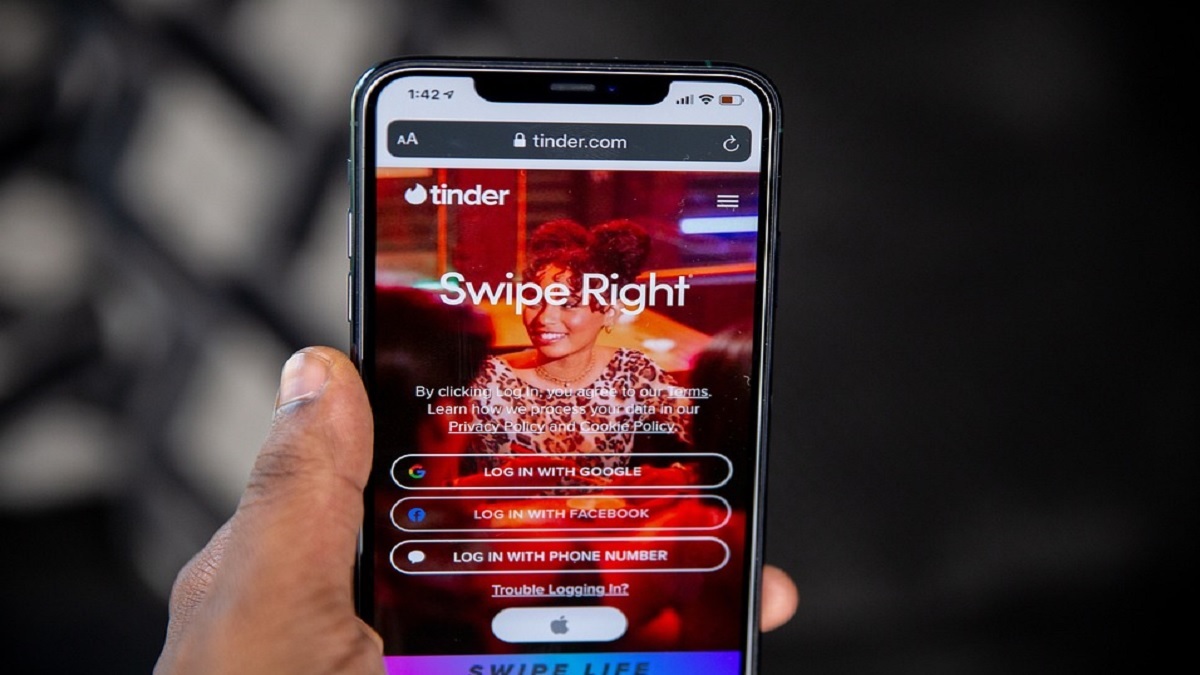Tinder's parent company, Match Group, is set to lose its background-checking tool, a safety feature for users, as the non-profit organization Garbo ends its partnership with the company. This development, reported by The Verge and initially by The Wall Street Journal, will see the service shutting down on August 31.
Through this collaboration, users could perform a limited number of free background checks on potential dates using only their last name and phone number. These checks offered insights into public reports concerning past arrests, convictions, violence, and restraining orders.
The reasons for the discontinuation are not entirely clear, but Garbo seems to attribute it to issues with Match Group. Founder Kathryn Kosmides, in a blog post, explained that she made the decision due to a perceived "lack of support and real initiative from online platforms" and the persistent "harassment and threats by bad actors on these platforms."
ALSO READ Airtel Hits Target: 5G services now operational in every telecom circle across India
Internal disagreements over how the background checks should function also played a role. Match Group reportedly aimed to display badges on Tinder profiles to indicate a clean criminal history, a concept that Kosmides opposed. She argued against categorizing individuals into "good guy, bad guy" identities, highlighting that online platforms often lack a genuine commitment to user trust and safety.
This development follows Tinder's recent alterations to its Community Guidelines. The platform decided to remove social handles from public bios, clarifying that Tinder isn't intended for promoting businesses or seeking financial gain. The new guidelines discourage members from advertising, promoting, or sharing social handles or links for follower gains, sales, fundraising, or campaigning.
ALSO READ: How to block spam emails in your Gmail?
As Garbo and Match Group's collaboration concludes, the fate of this background-checking feature raises questions about online safety measures and the differing perspectives on how to ensure user security and trust within digital platforms.
Inputs from IANS

